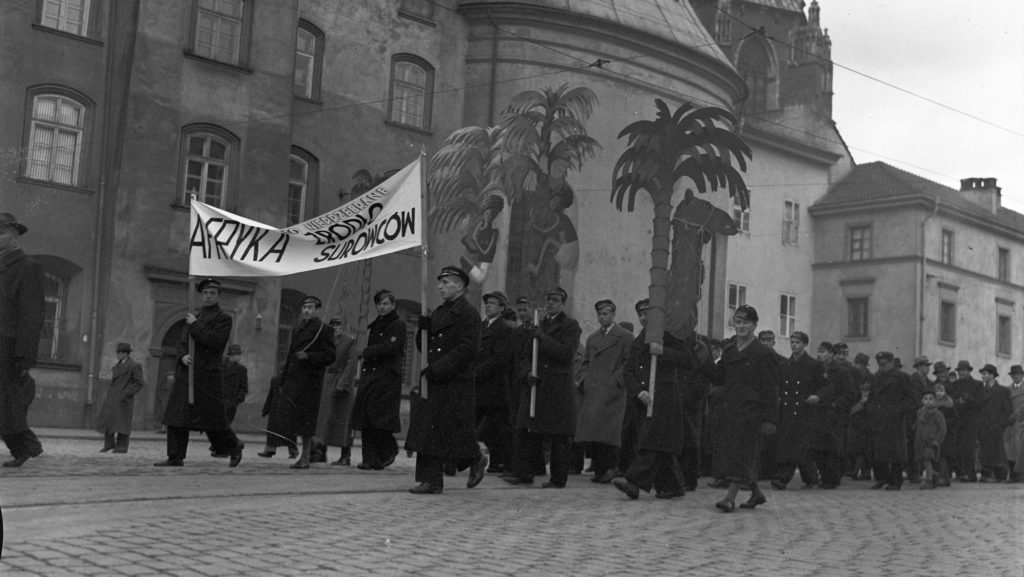Not part of the “Global South” and not Western enough, East Central Europe in general is absent from or marginal to the current debates on the legacies of colonialism, on global history or world history and on postcolonialism. Likewise, East Central Europe is often marginal to the appropriate divisions of disciplines and categories in the academy or the museum. Nonetheless, concepts of ethnicity, race, and nationalism emerged in East Central Europe during the 19th and early 20th centuries.
Legacies of Colonialism in East Central Europe: Race, Scholarship, and Politics
Organized by the Forum Transregionale Studien, Max Weber Stiftung, Nordost-Institut (University of Hamburg), Museum am Rothenbaum – Kulturen und Künste der Welt and curated by Olga Linkiewicz (Prisma Ukraïna/Forum Transregionale Studien) and Katrin Steffens (Nordost-Institut)
Museum am Rothenbaum – Kulturen und Künste der Welt, Rothenbaumchaussee 64, 20148 Hamburg

Anthropologists, historians or colonial experts from the region – roughly today’s Austria, Belarus, Czech Republic, Germany, Lithuania, Moldova, Poland, Slovakia, and Ukraine – participated in the scholarship, economy, and politics of colonialism. In the context of the collapse of empires and the rise of authoritarian regimes in the first half and since the latter years of the of the twentieth century anthropology, history or medicine have been or reemerged as sites of struggle over identity, ideology and power.
Please find more information here.

